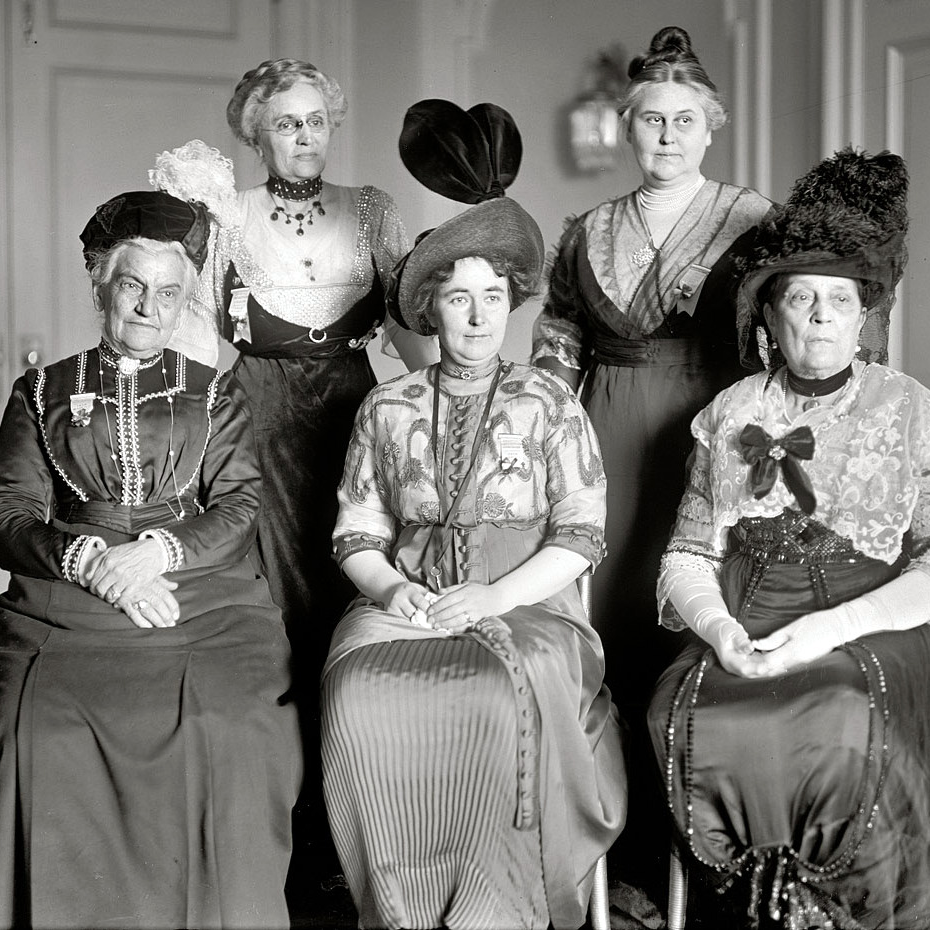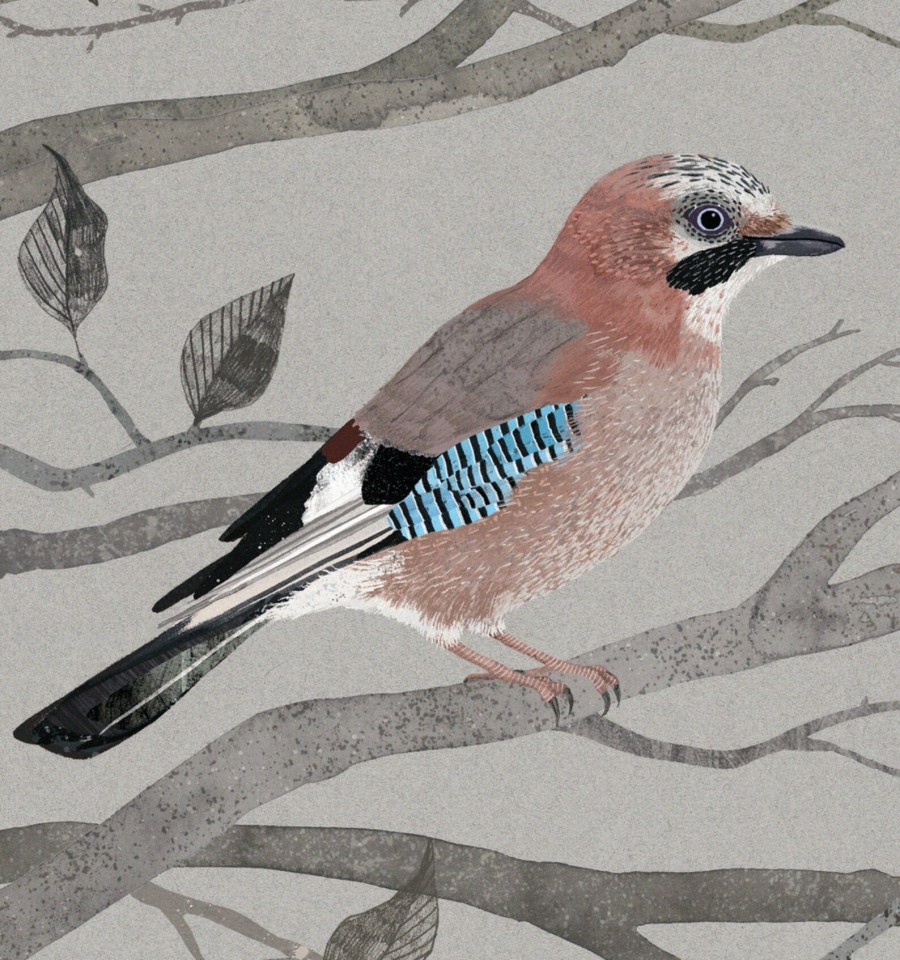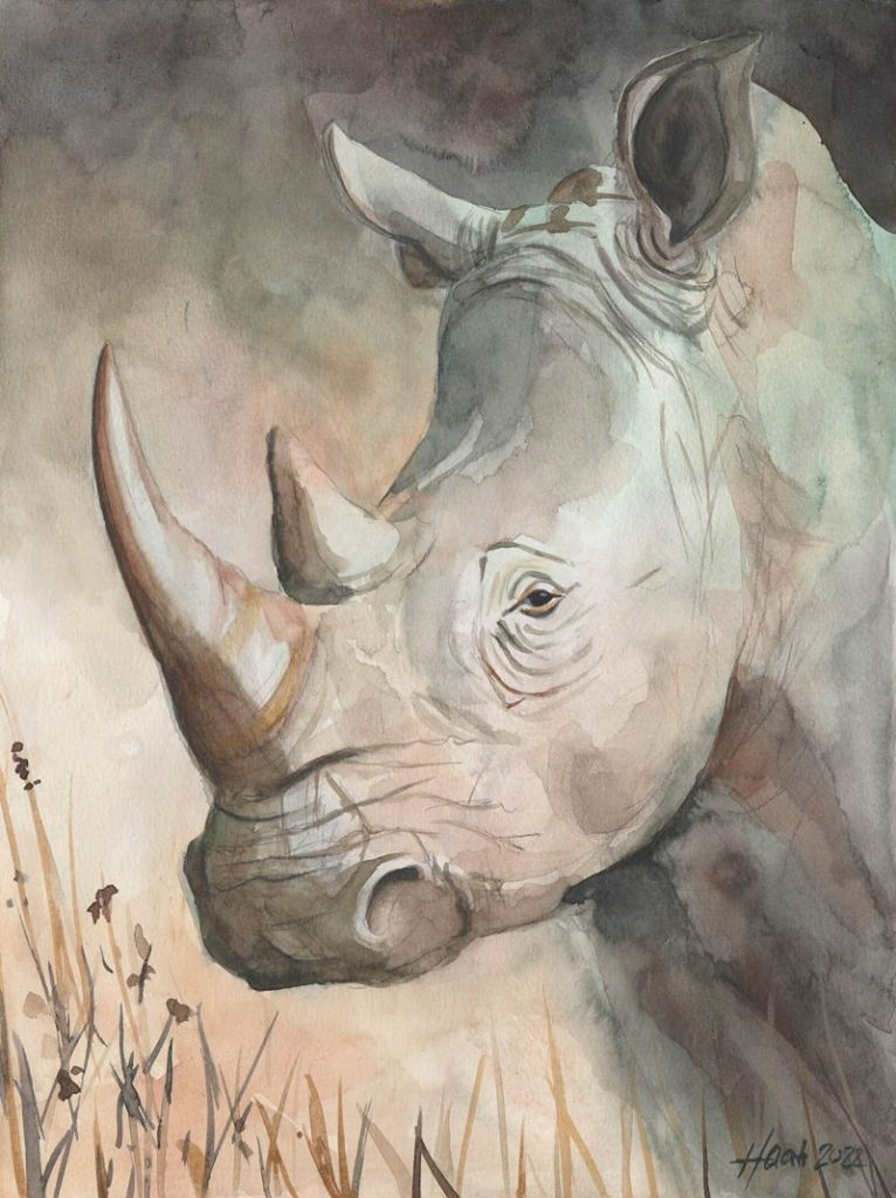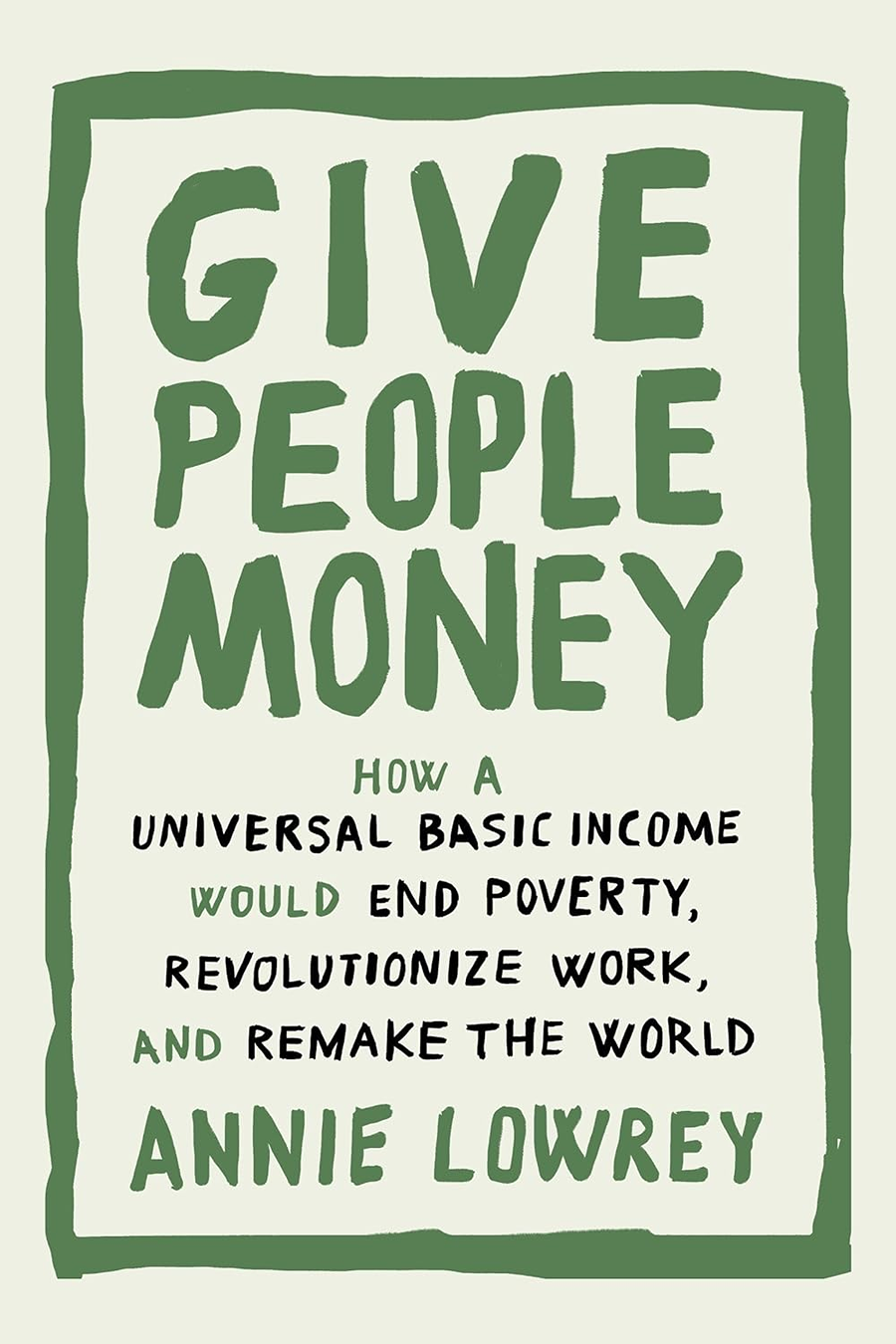
International Anti-Vivisection Congress, 1913
Humane medical research charities refuse to use animals to find cures for disease, yet receive no government funding and far fewer charity donations. Yet Vero (Oxford boffins) say that if we switched, we could likely cure ‘incurable disease’ much quicker. Not only is humane research kinder, it’s also more accurate, quicker and cheaper. It seems vested interest and ignorance are the reasons it continues.
Around 100 years ago, only a few hundred (bad enough) animals suffered. The little brown dog (whose suffering caused riots between anti-vivisection campaigners and medical students) is now commemorated as a statue in London’s Battersea Park. Victorians led the way to found societies campaigning for alternatives.
The most empowering thing you can do is simply to politely refuse to give to big animal-testing charities, saying ‘Sorry, but I only give to humane research’. Switch donations instead to one of the following charities, that do amazing work:
Another way to help is to arrange to donate your body to medical science, after your death. The more human bodies that researchers have, the better able they can cure diseases. Healthy bodies are important too (it’s important to compare say a healthy brain with that of someone who died of dementia).
The proof that we don’t need animal testing was evident during the COVID pandemic, when trials went straight to humans for speed. Some say a vaccine may even have been quicker, if humane research charities had been able to give their findings to government sooner.
In the US, Beagle Freedom Project takes dogs about to be killed (after years of in vivisection labs) and gives them loving forever homes, and their first names. There are videos online as they see grass for the first time, and after a few hestitant moments, are soon running around, realising they are dogs!






